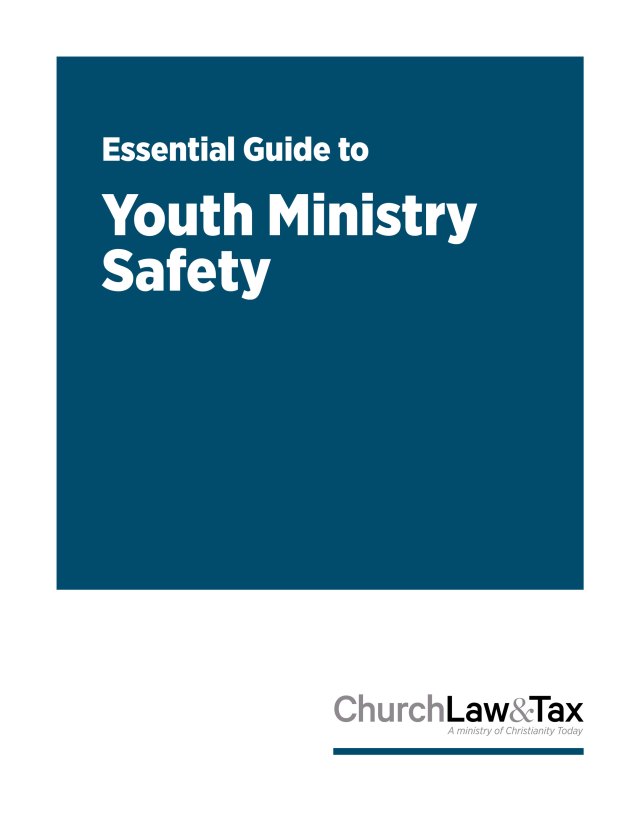Key point 4-05. Most courts have rejected clergy malpractice as a basis for liability in all cases. A few courts have found clergy guilty of malpractice for engaging in sexual misconduct with an adult or minor, or if they engage in "non-religious" counseling.
A Connecticut court ruled that church elders who counseled with a woman could not be sued for their advice to remain with her abusive husband.
A woman sought out leaders of her church for assistance in escaping from her husband's violence. She met with three church elders over the course of several years. One discouraged her from supplying any details about her husband, demonstrated discomfort at the topic, often told her that she might have caused her own problems, and once reprimanded her for discussing her husband's abuse with someone other than a church elder.
Two other church elders encouraged her to stay with her husband and refused to look at marks on her back she sustained from her husband. One elder told her to do whatever her husband told her to do. The woman later sued the church elders and her church for intentionally and negligently causing her emotional distress.
The court ruled that the alleged acts of the elders were not sufficiently outrageous to amount to intentional infliction of emotional distress, which requires conduct that is "so extreme in degree that it goes beyond all bounds of decency and is regarded as atrocious, and utterly intolerable in a civilized society." While the court found the woman's allegations troubling, it noted that "they must be considered in the context of efforts made as part of the church's pastoral counseling. While the counselor's suggestions may have been ill advised, indeed insensitive, they do not meet the threshold of extreme outrageous conduct."
The woman also claimed that the elders and church were guilty of negligent infliction of emotional distress, which requires proof of (1) negligence on the part of the defendant, and (2) that the defendant should have realized that its conduct involved an unreasonable risk of causing emotional distress and that distress, if it were caused, might result in illness or bodily harm."
The woman claimed that the elders had a duty to exercise reasonable care in counseling and directing her with respect to her family life, that they breached that duty, and that any reasonable person in their position would have known that such acts and omissions would cause her to suffer severe emotional distress.
She further alleged that she suffered extreme emotional distress in that she was unable to eat, lost sleep, was hospitalized, and developed chronic conditions. The elders insisted that the only type of counseling they provided was spiritual, and so the first amendment guaranty of religious freedom barred a civil court from finding them liable based on the content of their advice.
The court agreed. It acknowledged that the first amendment does not create "blanket tort immunity for religious institutions or their clergy, thus allowing clergy and clerical institutions to be sued for the torts they commit." Further, "the common law doctrine of negligence does not intrude upon the free exercise of religion, as it does not discriminate against a religious belief or regulate or prohibit conduct because it is undertaken for religious reasons. Application of a secular standard to secular conduct that is tortious is not prohibited by the Constitution."
The elders argued that the woman's claim of negligent infliction of emotional distress was actually a disguised claim of clergy malpractice, which is barred by the first amendment.
The court noted that clergy malpractice "has been universally rejected by courts in the United States." It quoted from the landmark Nally case: "Because of the differing theological views espoused by the myriad of religions in our state and practiced by church members, it would certainly be impractical, and quite possibly unconstitutional to impose a duty of care on pastoral counselors. Such a duty would necessarily be intertwined with the religious philosophy of a particular denomination or ecclesiastical teachings of the religious entity." Nally v. Grace Community Church, 253 Cal. Rptr. 97 (Cal. 1988). The Connecticut court concluded:
The elders have presented evidence to establish that their conduct involved spiritual counseling based on the teachings of [their church]. The plaintiff has not countered that assertion. Under these circumstances, in order to determine whether the elders breached a duty in providing spiritual counseling, the court would necessarily intertwine itself with the religious philosophy of the [church]. A judicial review of plaintiff's claims would necessarily require an evaluation of the religious tenets of [her church], the religious definition of the marital relationship and the discharge of pastoral responsibilities by the elders. Such a review would impermissibly constitute excessive entanglement with religion.
What this means for churches
This case demonstrates the constitutional protection that the courts have extended to spiritual counseling. If the first amendment guaranty of religious freedom means anything, it means that church counselors who base their counseling on religious teachings and precepts cannot be liable on the basis of malpractice or negligence for the content of that counseling, even if it results in injuries to the counselee.
This has been the consistent conclusion of the courts that have addressed this difficult question. It is important to note that this conclusion has been applied most often in cases involving clergy counselors who are not licensed by their state as psychologists or counselors, and who are not providing exclusively "secular" counseling. The elders in this case were deemed to be pastoral counselors by the court, since they functioned as pastors within their congregation. Decorso v. Watchtower Bible Society, 2002 WL 172663 (Ct. 2002).




